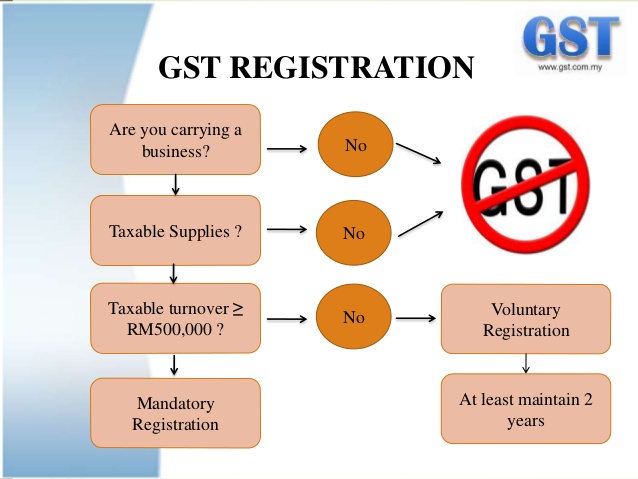Step-by-Step Refine for Singapore GST Registration Explained
Step-by-Step Refine for Singapore GST Registration Explained
Blog Article
The Ultimate Guide to Streamlining the GST Enrollment Refine and Demands for Small Organization Owners

Understanding GST Essentials
To grasp the principles of the Item and Provider Tax Obligation (GST) system, little service proprietors need to initially recognize its underlying effects and concepts. GST is a value-added tax obligation imposed on the majority of products and services for domestic usage. It aims to improve the taxes process by changing several indirect taxes enforced by the state and main governments. Under the GST program, businesses are required to accumulate and register tax in support of the government, guaranteeing transparency and conformity.
One of the crucial principles of GST is input tax debt, which enables businesses to declare credit scores for tax obligations paid on their purchases. This system prevents the plunging impact of tax obligations and promotes effectiveness in the tax obligation system. Additionally, GST is a destination-based tax obligation, suggesting that the tax obligation is imposed at the factor of intake as opposed to the factor of beginning. This guarantees fair distribution of tax obligation revenue among states based upon where the services or goods are eaten. Understanding these fundamental concepts is crucial for small company owners to browse the complexities of the GST system and make sure conformity with the regulation.
Eligibility Requirements for Registration
Having developed a foundational understanding of GST concepts, small organization proprietors have to now fulfill particular qualification criteria to proceed with the registration process (Singapore GST Registration). Businesses that were registered under the previous tax obligation regime (BARREL, solution tax, and so on) are likewise mandated to sign up under GST. Agricultural companies that just supply generate out of key production are excluded from GST registration.
Files Needed for GST Enrollment

Simplified Enrollment Process Actions
Following the collection and verification of the requisite papers, the enrollment procedure for GST can be navigated through a series of streamlined actions made to facilitate efficient compliance for little organization proprietors. Upon effective verification, an Application Reference Number (ARN) is issued, suggesting the completion of the GST enrollment procedure. By complying with these streamlined actions, tiny organization proprietors can effectively register for GST and ensure compliance with tax policies.
Tips for Ensuring Conformity
To keep governing adherence and functional stability, persistent oversight and positive actions are crucial in ensuring conformity with GST demands for little business owners. Tiny service owners have to stay updated with GST laws, submitting deadlines, and any adjustments in tax rates to prevent charges and maintain an excellent standing with tax authorities. check my site One important tip for conformity is to keep exact and in-depth documents of all transactions, consisting of expenditures, invoices, and invoices related to GST. On a regular basis resolving economic records with GST returns can assist in identifying and fixing any type of disparities quickly. In addition, conducting routine internal audits or looking for professional help can make certain that the service is adhering to all GST guidelines appropriately. It is also important for tiny service owners to invest in GST-compliant audit software that can enhance the tax obligation filing process and lessen mistakes. Attending GST recognition workshops or training programs can enhance understanding and compliance with GST guidelines, eventually profiting the organization in the lengthy run.
Verdict
Finally, local business owners must understand the basics of GST, meet the qualification requirements, gather necessary documents, and adhere to the streamlined registration procedure actions to make certain compliance. By simplifying the GST enrollment procedure and requirements, small company owners can avoid fines and run their companies smoothly within the lawful structure - Singapore GST Registration. It is vital for small company proprietors to remain enlightened and compliant with GST regulations to keep an effective company procedure
Little business proprietors seeking GST enrollment should guarantee they gather and send the essential papers to complete the enrollment process effectively. The documents needed for GST enrollment commonly include evidence of company enrollment or incorporation, FRYING PAN (Permanent Account Number) card of the organization address, entity and identification evidence of the promoters/partners/directors, pictures, address proof of the location of organization, bank account declarations or terminated cheques, and authorization types. Attending GST understanding workshops or training my explanation programs can enhance understanding and conformity with GST regulations, eventually profiting the company in the lengthy run.
By streamlining the GST enrollment process and needs, small company proprietors can stay clear of penalties and operate their services efficiently within the legal framework. It is vital for tiny business owners to stay certified and informed with GST policies to keep a successful company operation.
Report this page